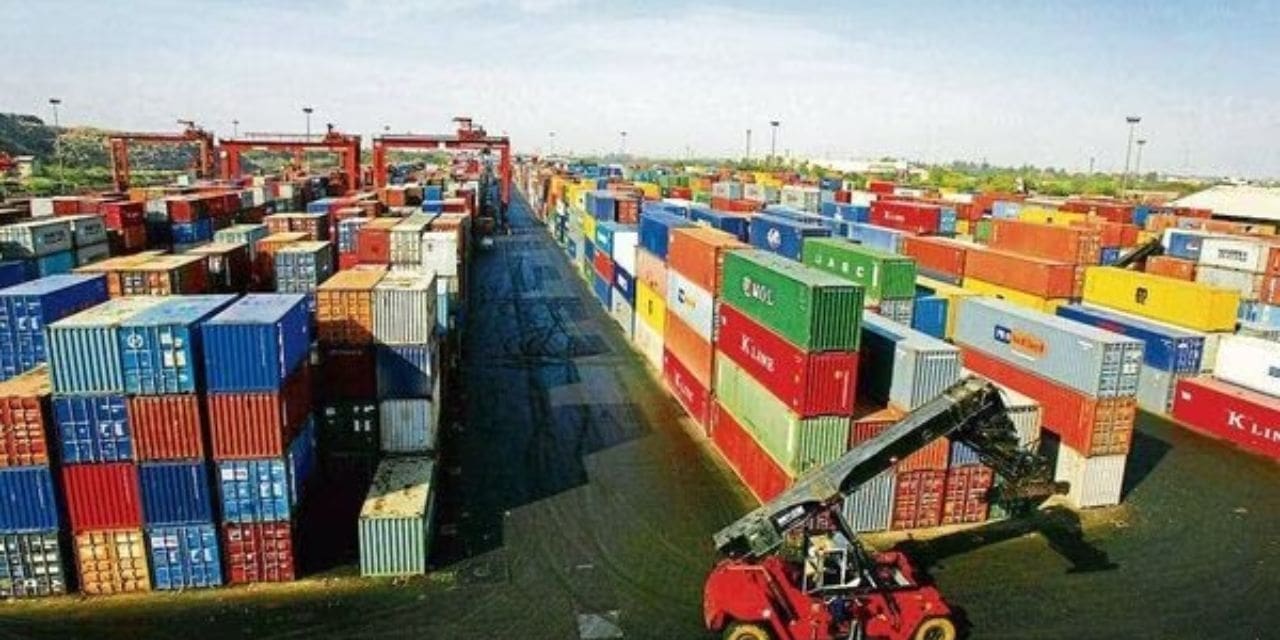With the India-Australia interim free trade agreement (FTA) in place for six months, India’s trade deficit with Australia has shrunk by 15% as a result of increased exports of pharmaceuticals, electrical equipment, and iron and steel products, as well as a notable decrease in coal imports as a result of a milder Indian summer.
According to official data, India’s exports to Australia decreased by over 32% in the five months leading up to May compared to the same time last year, while imports decreased by 25%. This resulted in a narrowing trade gap of $3.87 billion, which is a 15% decrease from the prior year.
When the energy basket, which includes things like coal and oil, is excluded from the trade data, it becomes clear that India’s exports increased by 3.3% over the period while its imports significantly decreased by 31%, resulting in a narrowing trade gap of $3.27 billion, which is a 41% reduction from the previous year.
75% of Australia’s total shipments are made up of coal, whereas 38% of India’s total exports to Australia are made up of oil. The majority of the products that India imports from Australia are raw materials, minerals, and intermediate goods. India abolished the 2.5% import charge on high-grade Australian coal as part of the trade agreement with Australia.
Due to lesser demand than previous year, when India experienced heat waves that increased energy generation and power demand to a record, India’s imports of coal from January to May decreased by 45%. Additionally, 2023 saw a decrease in coal prices from the previous year as a result of reduced demand in China, the world’s largest coal consumer. In 2022, the Russia-Ukraine conflict hampered international supply networks, which increased energy costs. While the value of coal imports from Australia fell by 34% in the five months leading up to May, the volume fell by about 20%.
Exports of Indian pharmaceutical items to Australia increased by 34.6% to $79.34 million in the April–May period among non–energy shipments. By providing fast-track approval for patented, generic, and biosimilar medications that have regulatory approval in five markets, including the US, European Union, UK, and Canada, the early harvest agreement makes it easier for Australian consumers to acquire Indian pharmaceutical items.
Besides, electrical machinery exports rose by 173% in the April-May period to $82.2 million. Exports of nuclear reactors, boilers, and machinery rose by 21.6% to $54.18 million in the first two months of FY24. Outbound shipments of articles of iron or steel rose by 74.88% to $56.4 million.
The Economic Cooperation and Trade Agreement provided duty-free access to thousands of domestic goods, including machinery. These products earlier attracted 4-5% customs duty in Australia. The pact offered zero-duty access to India for about 96.4% of exports (by value) from Day 1.
“India has a lot of complementarities with Australia. There is a scope for growth in engineering products and textile products, but we are competing with ASEAN (Association of Southeast Asian Nations) countries that have already established their markets in Australia as they had signed an FTA with them before us. Freight cost to Australia is high. So, it will take some time before they forge partnerships with us,” a government official said.
India’s farm exports to Australia after the FTA declined marginally due to tough bio-security checks in Australian ports. In the six months to June this year, Indian agri exports to Australia stood at $143.78 million, compared to $144.39 million during the comparable period last year.
It is expected to decline further after India’s ban on rice exports last week, as rice contributes around 15% of the total farm exports to Australia.
“Australia has very tight bio-security norms because it is an island country. So, it is difficult to export agri products in the form of raw materials. So, we are looking to do value addition and push for processed food exports,” the person stated.
An Australian High Commission spokesperson said that biosecurity plays a critical role in reducing risk and ensuring Australia remains one of the few countries in the world to be free from the world’s most invasive pests and diseases.
“To protect Australia’s human, plant and animal health status, we apply biosecurity measures offshore, at the border and onshore. Australia’s biosecurity requirements are applied equally to all trading partners. Australia’s Appropriate Level of Protection is risk-based and science-based and consistent with our international WTO Sanitary and Phytosanitary obligations where trading partners are entitled to maintain a level of protection they consider appropriate to protect life or health within their territory,”

